Exercise During Pregnancy
Exercising during pregnancy has been proven to help prevent gestational diabetes, control weight gain, reduce blood pressure problems as well as improve mood and sleep. The Australian physical activity guidelines recommend 150 minutes of moderate intensity exercise every week and should incorporate some strength training.
Pilates is a great way to remain activity when pregnant, as it is low impact and focuses on strengthening key muscles needed for pregnancy and birth including pelvic floor, core and glutes.
Our Clinical Pilates classes are individualised & safe to do during pregnancy. Our physiotherapists are trained in clinical pilates as well as exercise during pregnancy.
CLICK HERE to learn more about our clinical pilates classes.
Along with the mental and emotional toll of pregnancy, your body will also experience huge changes which can affect your physical performance due to pain and discomfort. It is important to realise that help is at hand. Our women’s health trained physiotherapists will assist you during your pregnancy to help keep or get your body into the best possible condition to cope with the physical demands that pregnancy brings. We do this through a comprehensive, individualised, systematic approach to help you achieve your goals and provide lasting results.
Prenatal physiotherapy has many benefits, these include:
- Improving muscle tone- allowing your body to cope with the physical demands of the pregnancy and help maintain your strength
- Reduce recovery times- it is proven that individuals seeing a Physiotherapist tend to have shorter recovery times. An especially important factor in being able to take care of your newborn
- Decreasing rates of pre & post natal depression & managing gestational diabetes through exercise
- Improve pelvic floor strength through exercising and educating you on pelvic floor health.
Some of the most common pregnancy related conditions we can help you with include:
- Pelvic Girdle Pain
- Sacroiliac Pain
- Carpal Tunnel Syndrome
- Thoracic Mobility
- Low Back Pain


